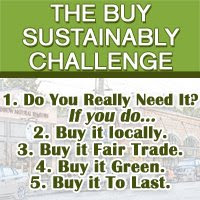"Resilience is the capacity to deal with change and to continue to develop."
They go on to further discuss the concept thusly;
"Resilience refers to the capacity of a social-ecological system both to withstand perturbations from for instance climate or economic shocks and to rebuild and renew itself afterwards.
Loss of resilience can cause loss of valuable ecosystem services, and may even lead to rapid transitions or shifts into qualitatively different situations and configurations, evident in, for instance people, ecosystems, knowledge systems, or whole cultures.
The resilience lens provides a new framework for analyzing social—ecological systems in a changing world facing many uncertainties and challenges. It represents an area of explorative research under rapid development with major policy implications for sustainable development....
The resilience approach focuses on the dynamic interplay between periods of gradual and sudden change and how to adapt to and shape change.
Research at the Stockholm Resilience Centre will address these challenges in order to generate a deeper understanding of interdependent social-ecological systems for improved governance and policy."




.jpg)






No comments:
Post a Comment